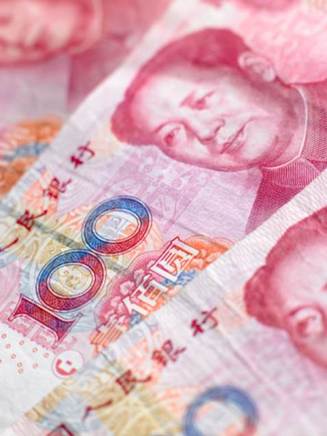
Democratic presidential candidate and U.S. Sen. Bernie Sanders speaks at a rally in Dallas in July. (Mike Stone/Reuters)
Bernie Sanders came to Seattle on Saturday with plans to give two speeches.
The first didn’t happen. An appearance by the senator from Vermont at an event celebrating the anniversary of Social Security and Medicare was scuttled after protesters from a local Black Lives Matter chapter took over the stage.
Hours later, Sanders, who has been drawing bigger crowds than any other presidential contender, drew his largest yet: about 15,000 at the college basketball arena where the Washington Huskies play.
[The Bernie Sanders predicament: Where do you fit all those people?]
Aides said Sanders, who has emerged as the leading alternative to Hillary Rodham Clinton for the Democratic nomination, spoke to a full house of 12,000 inside the arena and to what police estimated to be an overflow of 3,000 people outside of it.
Sanders, a self-described democratic socialist, was met with boisterous cheers as he decried the political influence of the “billionaire class” and pledged to raise the minimum wage, mandate family leave and push other policies that improve the lot of the working class.
"This is the country we can create," Sanders said during an hourlong stump speech was broadcast live on social media.
The first event — which was held at a city park and live-streamed by a Seattle television station — went less swimmingly.
Sanders was the final speaker on a long program held at a city park. Shortly after he took stage, a small group of protesters from a Seattle chapter of Black Lives Matter took the microphone and demanded that the crowd hold Sanders “accountable” for not doing enough, in their view, to address police brutality and other issues on the group’s agenda.
[Why Hillary Clinton and her rivals are struggling to grasp Black Lives Matter]
After sharing a few local grievances with the crowd, including school disparities and gentrification in Seattle, the protesters asked for a period of silence to commemorate the one-year anniversary of Michael Brown being shot and killed during a confrontation with a police officer in Ferguson, Mo.
Event organizers allowed the period of silence, as some in the large crowd booed and shouted for the protesters to leave the stage. Afterward, Marissa Janae Johnson, who identified herself as a leader of the Black Lives Matter chapter in Seattle, asked the crowd to “join us now in holding Bernie Sanders accountable for his actions.” She motioned for Sanders to join her at the microphone.
After several minutes of frantic conversations, Sanders left the stage and greeted people in the large crowd who had turned out to see him. Many chanted his name.
In the hours that followed, several activists took to social media to question whether Johnson was speaking for the broader Black Lives Movement.
[O’Malley booed as he points out: ‘White lives matter. All lives matter.’]
The tense scene in Seattle was reminiscent of one July 18 in Phoenix, when a larger group of Black Lives Matter activists disrupted a Democratic presidential forum at the liberal Netroots Nation gathering that featured both Sanders and former Maryland governor Martin O’Malley.
At the Netroots event, both O’Malley and Sanders were able to continue speaking, though neither filled their allotted times.
At Saturday’s event, Johnson noted that O’Malley had since released a plan on criminal justice, which calls for several policing reforms, including widespread use of body cameras.
Though Sanders has not formally released a similar plan, he has been speaking out about policing issues, including during an appearance last month before a gathering in Louisiana of the Southern Christian Leadership Conference, one of the nation’s oldest civil rights organizations. In that speech, he called for the “demilitarization” of police forces, an end to privately run prisons and an effort to address the “over-incarceration” of nonviolent offenders.
[Bernie Sanders needs to court black voters. And he has started doing it.]
As Sanders left the event in Seattle on Saturday, he told reporters that he found the situation "unfortunate."
At Saturday night's rally, Sanders made a brief reference to the early episode, saying that "on criminal justice reform and the need to fight racism there is no other candidate for president who will fight harder than me.”
"Too many lives have been destroyed by the war on drugs," Sanders said. "Too many lives have been destroyed by incarceration."
Some of his biggest applause lines came when he declared that college education should be tuition free and that the United States should move to a single-payer, "Medicare for all" health-care system.
Saturday night's rally was the latest around the country where Sanders has filled arenas and convention halls. By contrast, Clinton's largest crowd, which her campaign estimated at 5,500, came at her formal kickoff in June in New York.
Sanders is in the midst of a three-day swing on the West Coast. Aides say the campaign is also expecting large crowds at events in Portland and Los Angeles.










